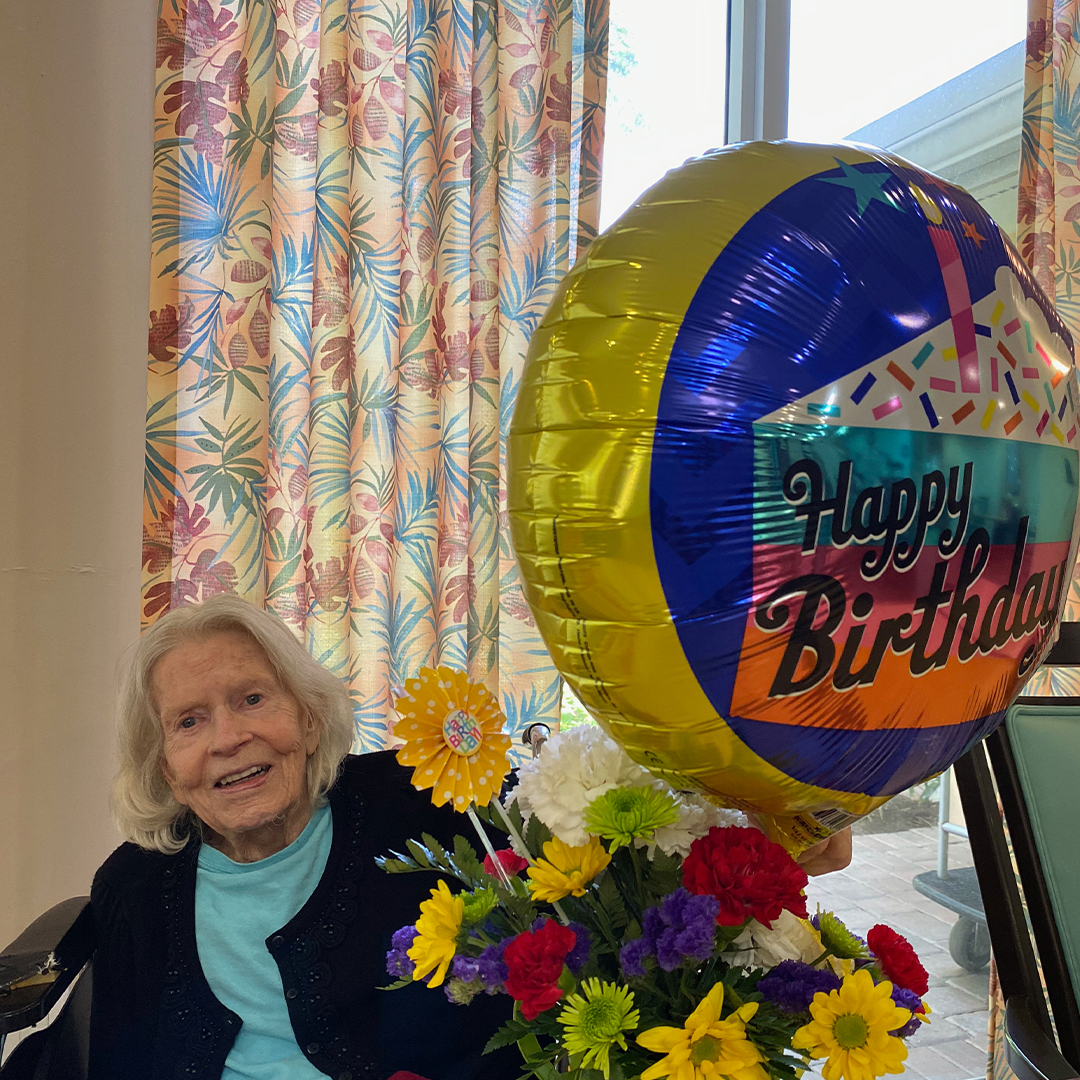As people grow older, their bodies and minds begin to change in significant ways. Although many people fear dementia and consider it a foregone conclusion for the elderly, that is not true at all. In fact, it is estimated that between 80-90% of people will not experience dementia or Alzheimer’s – and that is good news! For those who do develop the disease, however, the deterioration of cognitive ability is scary and confusing. The reality of dementia is also difficult for loved ones, who may struggle to maintain meaningful communication as their loved one slips further away. In this article, we will explore a few easy tips for speaking with your loved one living with dementia.

Above All, Have Patience: One of the most frustrating symptoms of dementia is that the patient tends to ask the same questions over and over, or they may tell the same story multiple times. This is due to short-term memory loss, which is often one of the first signs of cognitive decline. It can be very frustrating for a caregiver to have to answer the same thing repeatedly, and it can even cause anger over time. The most important quality for loved ones to bring to this process is patience. Remember that your loved one is not trying to be frustrating or annoying, and they genuinely are trying to communicate.
Change the Conversation: One way to take your loved one out of a seemingly never-ending repetitive loop is to steer the conversation in another direction. For instance, ask them a question about their childhood or what life was like when they were young. Not only can they remember these events better – providing them with a sense of comfort – but it gives relief to the caregiver to change the subject. Remember, try not to get angry or upset. It’s not their fault.
Provide Fidget Toys: People with dementia can feel restless and fidgety, and having something to do with their hands can help a lot. Fidget or tactile toys such as worry stones are great to keep them busy and occupied.
Keep an Even Tone: Depending on the stage of dementia your loved one is experiencing, they may fade in and out of awareness of their condition. Dementia can make someone feel out of control, as well as ashamed and embarrassed at their inability to remember names, faces, and dates. These feelings can cause them to act out or have angry outbursts, and the situation is only aggravated when
those around them fire back. If you are caring for a loved one with dementia, try to keep an even tone and maintain a good temper.
Give Yourself a Break: Taking care of a loved one with dementia can be exhausting, especially if you have a family or career to manage as well. In order to properly care for an elderly family member, it is important to take care of yourself. Be sure to take breaks, get fresh air, get some exercise, and get plenty of sleep. Most importantly, have someone who can provide relief if you need some time off to relax and regroup.
Look into Professional Care: Memory care residences provide expert, compassionate memory care for seniors living with dementia. Staff and personnel are uniquely qualified to care for those with cognitive impairment and to ensure their quality of life remains intact. Do not feel guilty if you decide that a senior residence is a better solution for your family – it is a loving and thoughtful choice that allows you to have a peaceful and stress-free relationship with your loved one.
A Banyan Residence is a memory care and assisted living facility located in Venice, Florida.
